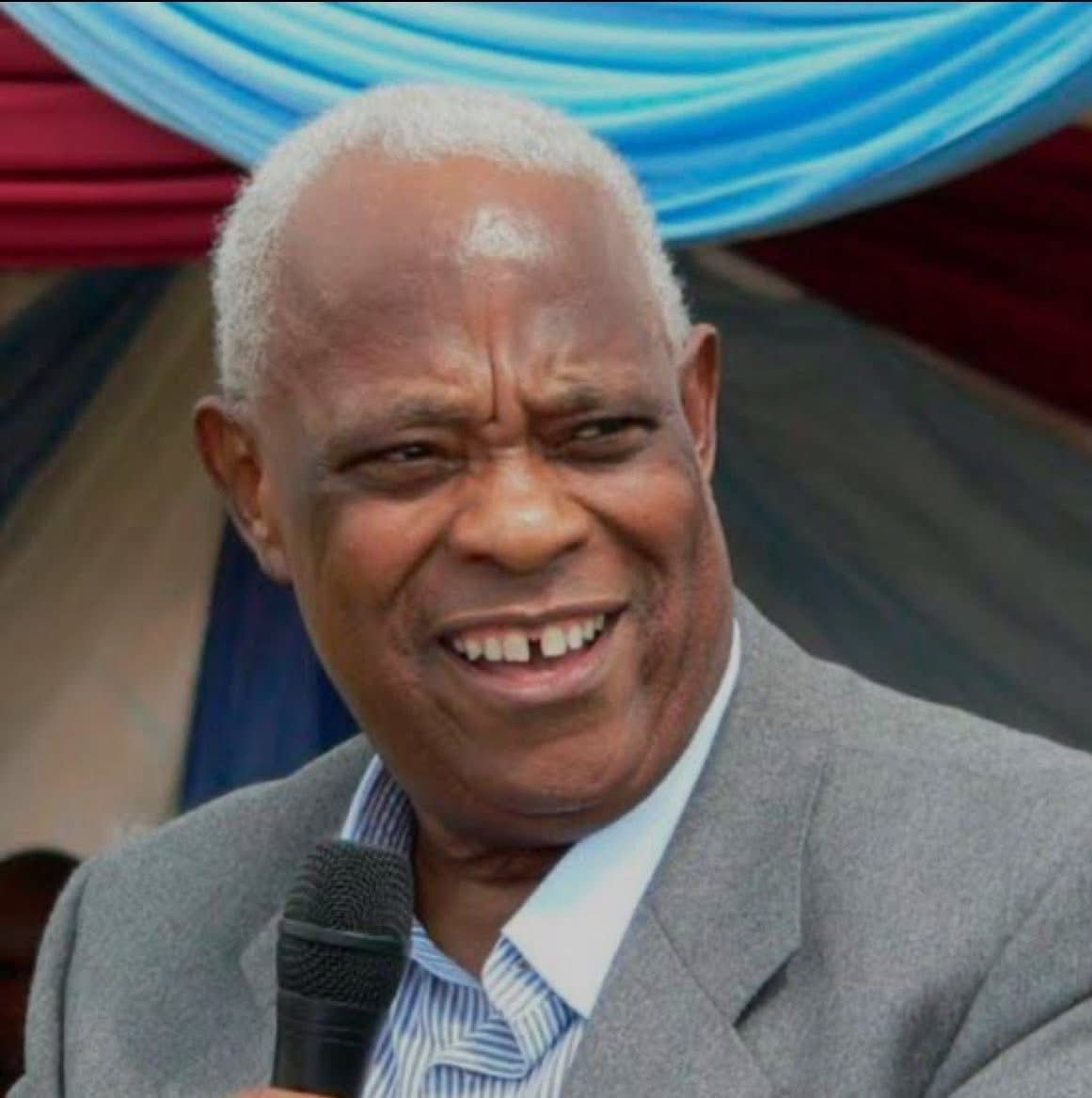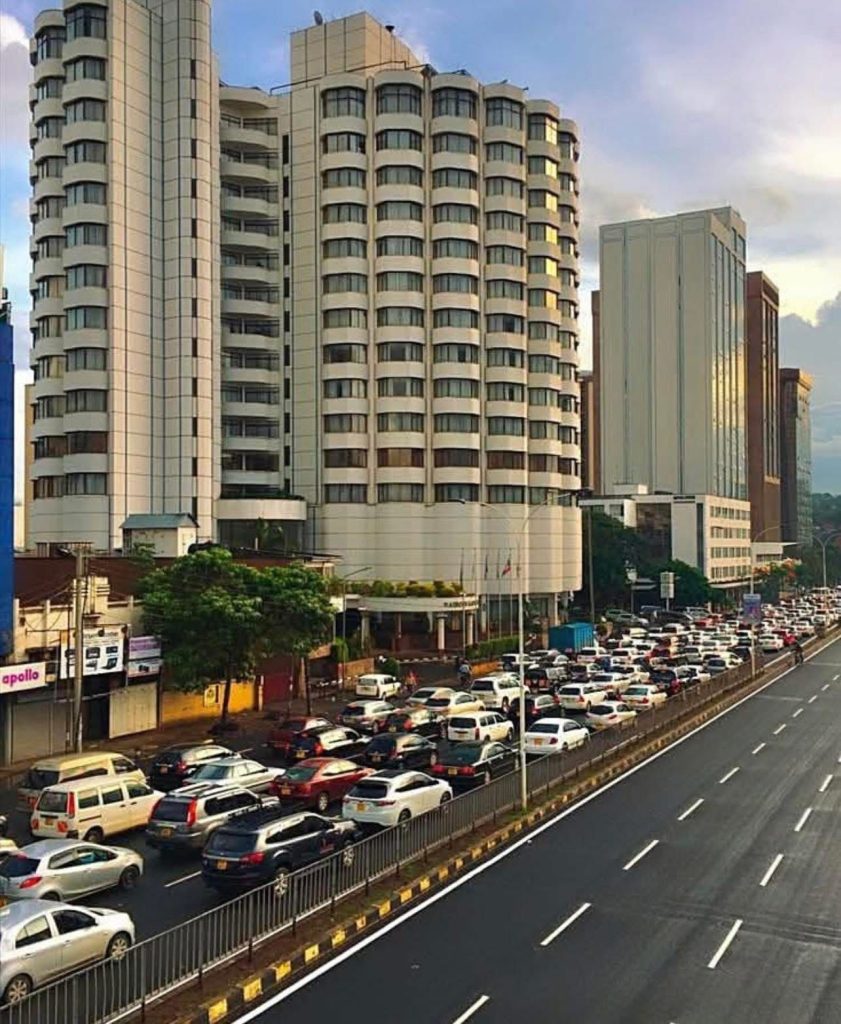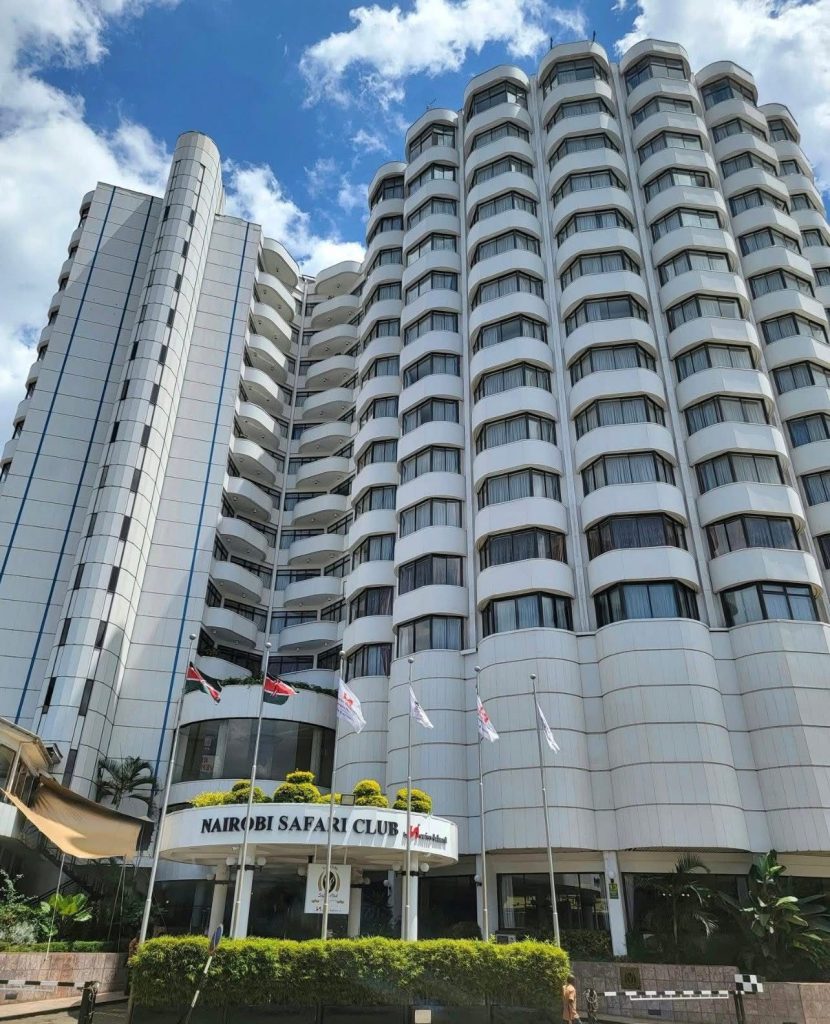The story of Stanley Munga Githunguri, a man who rose from the dusty coffee farms of Kiambu to become one of Kenya’s quiet billionaires.

The man who built Lilian Towers — not to show off, but to honour the woman who once picked coffee to feed him.
Stanley was born in 1945 in Gachie Village, Kiambu County. His childhood was humble, even painful. His father died when he was just 14 years old, leaving his mother, Lilian Nyagaki, to raise three children alone.
Every morning, young Stanley would follow his mother to the coffee plantations at Kalimoni and Gwa Kihoro estates, where they earned 50 cents per tin of coffee picked — about KSh 3 on a good day. His mother earned KSh 20 a month as a casual labourer.
Breakfast was often porridge without sugar, and they only ate chapati and meat once a year — at Christmas.
Life was hard, but his mother never lost hope. She believed in education. When a local priest noticed Stanley’s intelligence, he helped him get into school. With support from well-wishers, Stanley studied at Gacharage Primary, Karura Intermediate, and St. Mary’s School, Nairobi, before a fundraiser helped him travel abroad.
He studied Political Science and Economics at Alaska Methodist University in the USA — a rare feat for a young man from Gachie in those days.
When Stanley returned to Kenya in the late 1960s, he joined the National Bank of Kenya as a junior officer. His work ethic and discipline saw him rise quickly to become Branch Manager in Nakuru and later Executive Chairman of the bank.
It was during this period that he met President Jomo Kenyatta, who was one of the bank’s clients. Stanley often handled the President’s personal transactions and was frequently summoned to State House for banking consultations. His reliability earned him trust — and powerful connections.
From his vantage point as a banker, Stanley began to notice how wealthy Kenyans built their fortunes. They invested in land, real estate, shares, and agriculture. Quietly, he began doing the same — starting small, buying parcels of land around Ridgeways, Kiambu, and Muthaiga — areas most people ignored at the time.
He saw opportunity where others saw bushland.
By the 1970s, Stanley had saved enough to venture into business and real estate development. He took loans, took risks, and started building. His first major project was a bar and restaurant in Kipini, which gave him his first serious profit. He reinvested that money into real estate and farming.

Over time, his empire grew to include:
— Lilian Towers — a 22-storey skyscraper on University Way, Nairobi, home to the Nairobi Safari Club, one of Kenya’s first luxury all-suite hotels.
— Ridgeways Mall — a major shopping centre along Kiambu Road, leased to top banks, fashion brands, and supermarkets.
— Coffee farms in Nyari, Runda, and Kiambu, the same lands where he once picked coffee as a boy.
— Large tracts of land in Limuru, Ruiru, Muthaiga, and Kabete, much of which he later developed into high-end estates.
— Shares in major firms such as East African Breweries Ltd (EABL), Nation Media Group, Geminia Insurance, Mukawa Holdings, and Tassia Coffee Estate Ltd.
— SM Githunguri Ltd, MM Githunguri Ltd, and other holding companies that managed his real estate and hospitality assets.
His business empire stretched across banking, insurance, hospitality, real estate, and agriculture — the foundation of his billionaire status.
When he built Lilian Towers in the 1980s, many thought he would name it after himself or one of his children. Instead, he called it “Lilian”, in honour of the woman who had once earned KSh 20 a month so he could go to school.
“My father passed on when I was 14,” he once said. “My mother raised us single-handedly. She struggled to feed and educate us. I was born in poverty, raised in poverty, and went through it. So when I came out of it, I had to honour her.”
The tower became a symbol of gratitude, discipline, and resilience — a tribute cast in concrete and glass.
Despite his wealth, Stanley remained grounded. He entered politics in 2007, serving as Kiambaa MP, where he focused on education, roads, and community empowerment. Even in Parliament, he lived simply, often visiting his old village and funding scholarships for needy students.
When he passed away in 2022, aged 77, his estate was valued at KSh 1.8 billion — including property in Karen (worth KSh 700 million), Spring Valley, Limuru, and Kihara Market, as well as major shares in Kenyan blue-chip companies.
He left behind a detailed will, distributing his wealth among his children and siblings, warning against greed and court battles.
From earning KSh 3 a day as a coffee picker to owning hotels, malls, and skyscrapers, Stanley Githunguri’s story is a masterclass in vision and patience. He never forgot his roots or the lessons of his mother.
He proved that true success isn’t about showing off — it’s about building something that lasts, something that tells a story.
So the next time you walk along University Way and see Lilian Towers, remember: that building isn’t just a structure.
It’s a monument to a mother’s sacrifice — and to a boy who believed he could rise above poverty, and did.






